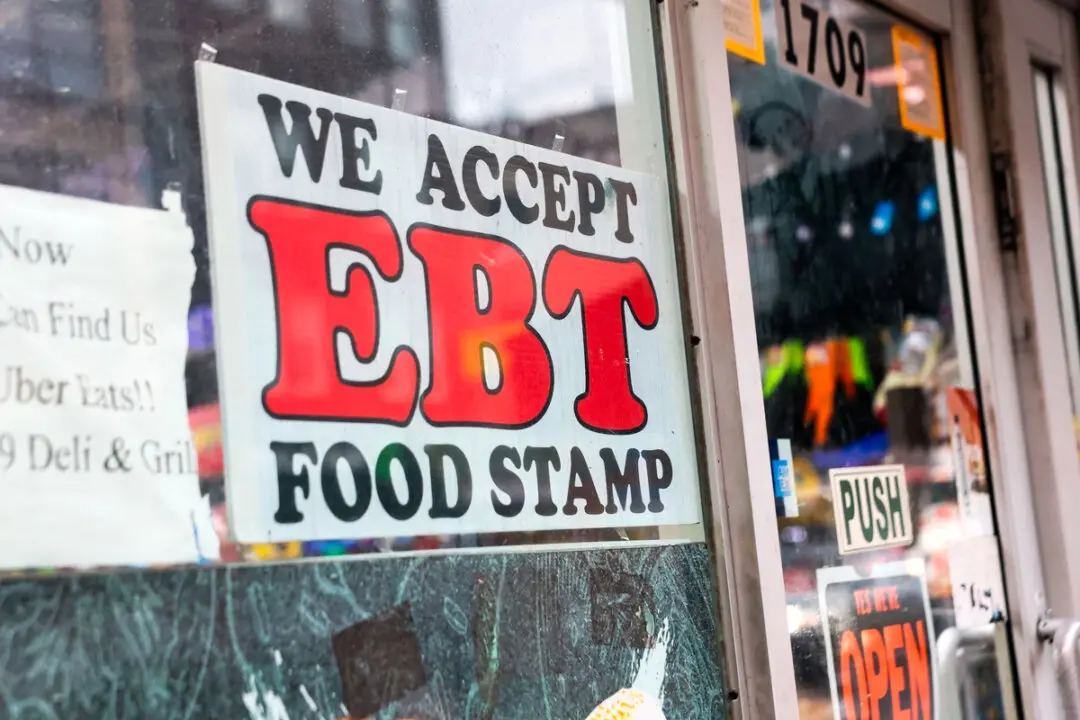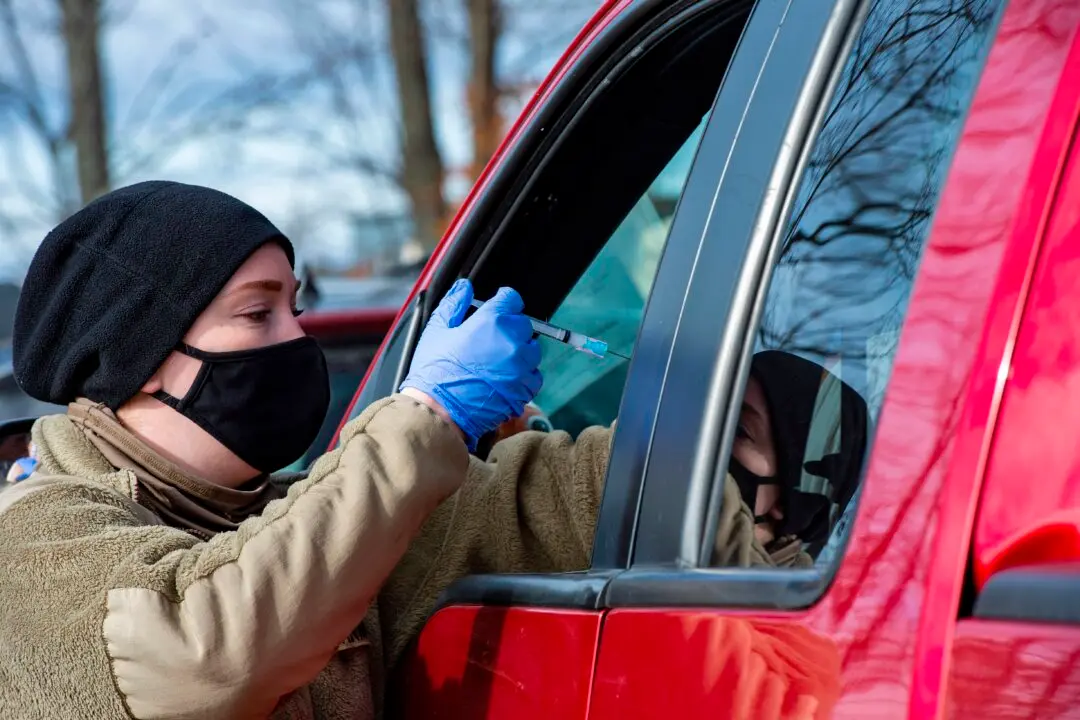Mexican officials have objected to a provision in the United States–Mexico–Canada trade deal, but Mexico’s Foreign Minister Marcelo Ebrard said that the objection doesn’t put the deal at risk, telling reporters it’s still “intact.”
Representatives from the three countries signed the latest version of the deal on Dec. 10 in Mexico City. According to House Democrats (pdf), U.S. lawmakers agreed upon a provision that labor attachés would be based in Mexico and “provide on-the-ground information about Mexico’s labor practices.” The text of the deal released by the U.S. trade representative’s office on Dec. 13 didn’t appear to include the provision, though it was added in a version presented in the House that same day.





